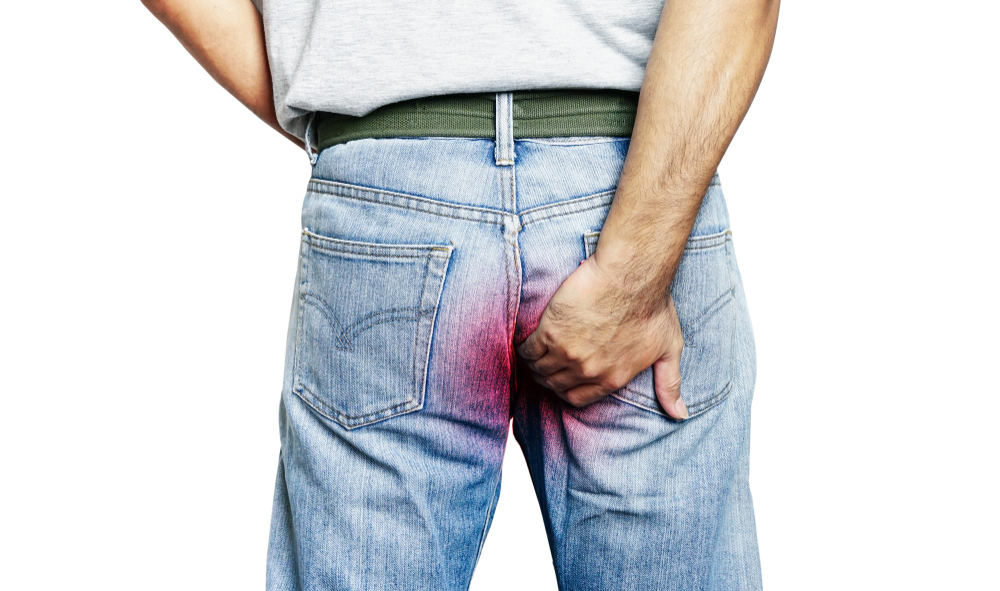What Are Fissures?
Fissures are small tears or cracks in the lining of the anus. These tears can cause pain and bleeding during bowel movements. Anal fissures are common and can affect people of all ages. Because fissures can be uncomfortable, many people seek quick relief. Understanding fissures helps you manage symptoms and find the right treatment.
Common Symptoms of Fissures
Fissures often cause clear signs. Early detection can help you get treatment sooner. Look for these symptoms:
Sometimes, symptoms may seem mild at first. However, they can get worse if not treated.
Causes and Risk Factors
Many things can cause fissures. Often, they happen when you pass hard or large stools. Other causes and risk factors include:
For some people, repeated fissures may signal an underlying health issue. Therefore, it is important to address the root cause.
How Fissures Are Diagnosed
Doctors can usually diagnose fissures with a simple exam. During the visit, your doctor will:
In rare cases, further tests may be needed. For example, if symptoms do not improve or if another condition is suspected, your doctor may suggest more tests.
Treatment Options for Fissures
Treatment for fissures often starts with simple steps. Most fissures heal within a few weeks. Common treatments include:
If these steps do not help, your doctor may suggest prescription creams. In rare cases, minor surgery may be needed. Always talk to your doctor before starting any treatment for fissures.
Prevention Tips and Lifestyle Guidance
Preventing fissures is possible with a few healthy habits. Try these tips to lower your risk:
With these steps, you can help prevent fissures and improve your overall digestive health.
When to See a Doctor
Sometimes, fissures do not heal on their own. You should see a doctor if:
Early treatment can prevent complications. Therefore, do not wait if you are worried about your symptoms.
For personalized guidance on fissures, consult a specialist or your healthcare provider today.
